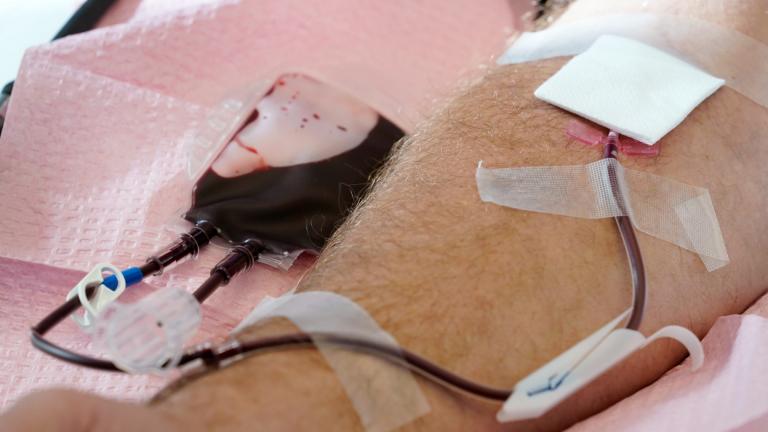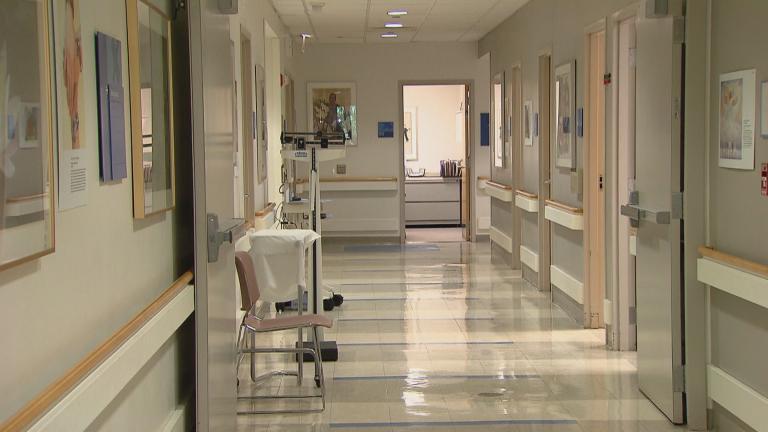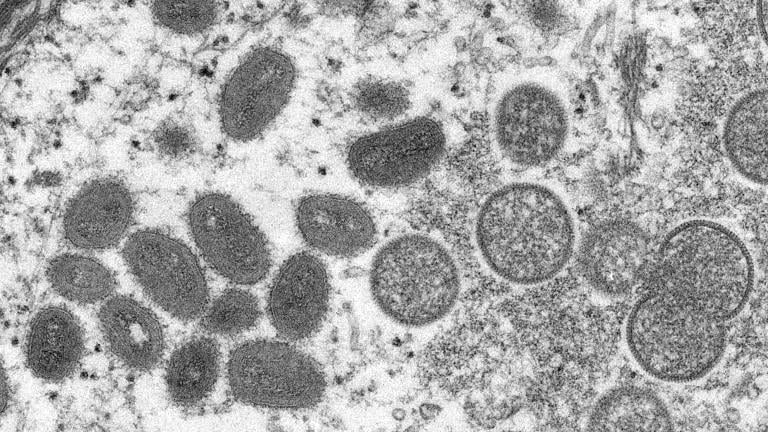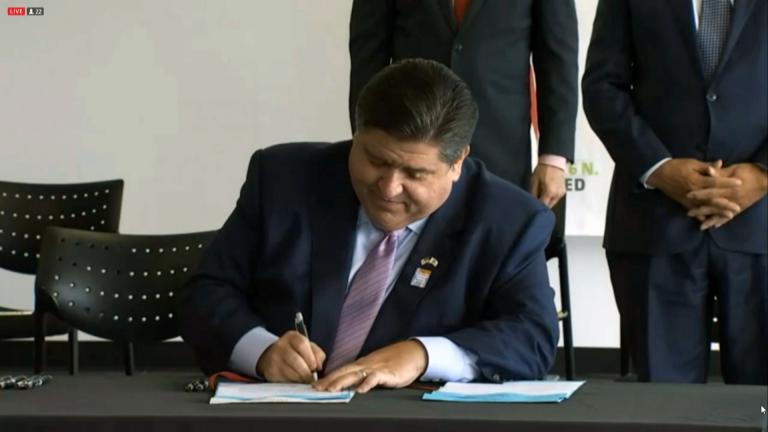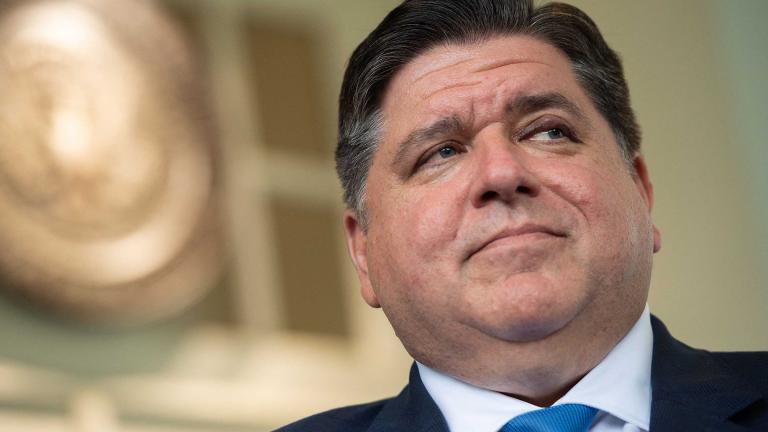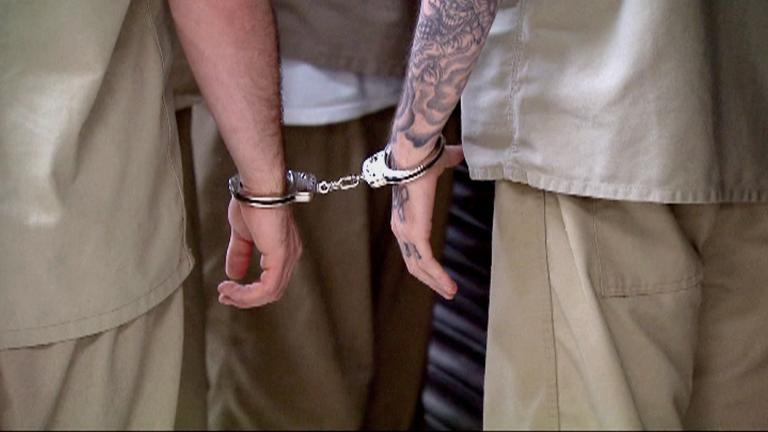HIV diagnoses in Chicago during 2020 were the lowest reported since 1987, according to the Chicago Department of Public Health’s latest HIV/STI data report.
“What is really exciting is that decreases are seen across all races, ethnicities, across age groups as well, and genders,” said Dr. Irina Tabidze, director of program operations at the Chicago Department of Public Health’s syndemic infectious disease bureau.
She warns that the numbers should be interpreted cautiously, with the data being collected during the pandemic. It’s possible that some numbers could be underreported, she added.
However, while cases are dropping overall, young Black and Latino Chicagoans are seeing a disproportionate number of new diagnoses compared to other groups. In 2020, the report details that Black Chicagoans made up nearly 55% of new HIV cases, Hispanic Chicagoans 23% and White Chicagoans about 11%.
Dr. Aniruddha Hazra, an assistant professor specializing in infectious diseases and global health at the University of Chicago, said education from public health officials is part of where addressing this disparity in cases starts.
Young people need to be given the right resources for understanding sexual health and how to protect themselves, he said. That, plus access to resources for testing and treatment.
“We can have the best HIV medicines in the world, world-class institutions in the city, but if folks can’t get to that care for whatever reason, then it really doesn’t have any worth,” Hazra said.
The report also found that 61% of people living with HIV in Chicago achieved viral suppression in 2020, which is an increase from 50% in 2019. Reaching viral suppression is the way to help people living with HIV lead healthy lives, while also reducing transmission, Hazra said.
But the flipside is the other 40% that are not virologically suppressed, he said.
“If we’re looking to really end the HIV epidemic here in Chicago, and realizing what are the challenges and obstacles that population needs to face in order to get to be suppressed and where they can remain healthy and their communities can remain healthy,” Hazra said.
Illinois has a goal to end the HIV epidemic in the state by 2030. Gov. J.B. Pritzker introduced the plan in 2019, to help Illinois get to “functional zero,” a point where the HIV epidemic can no longer sustain itself.

